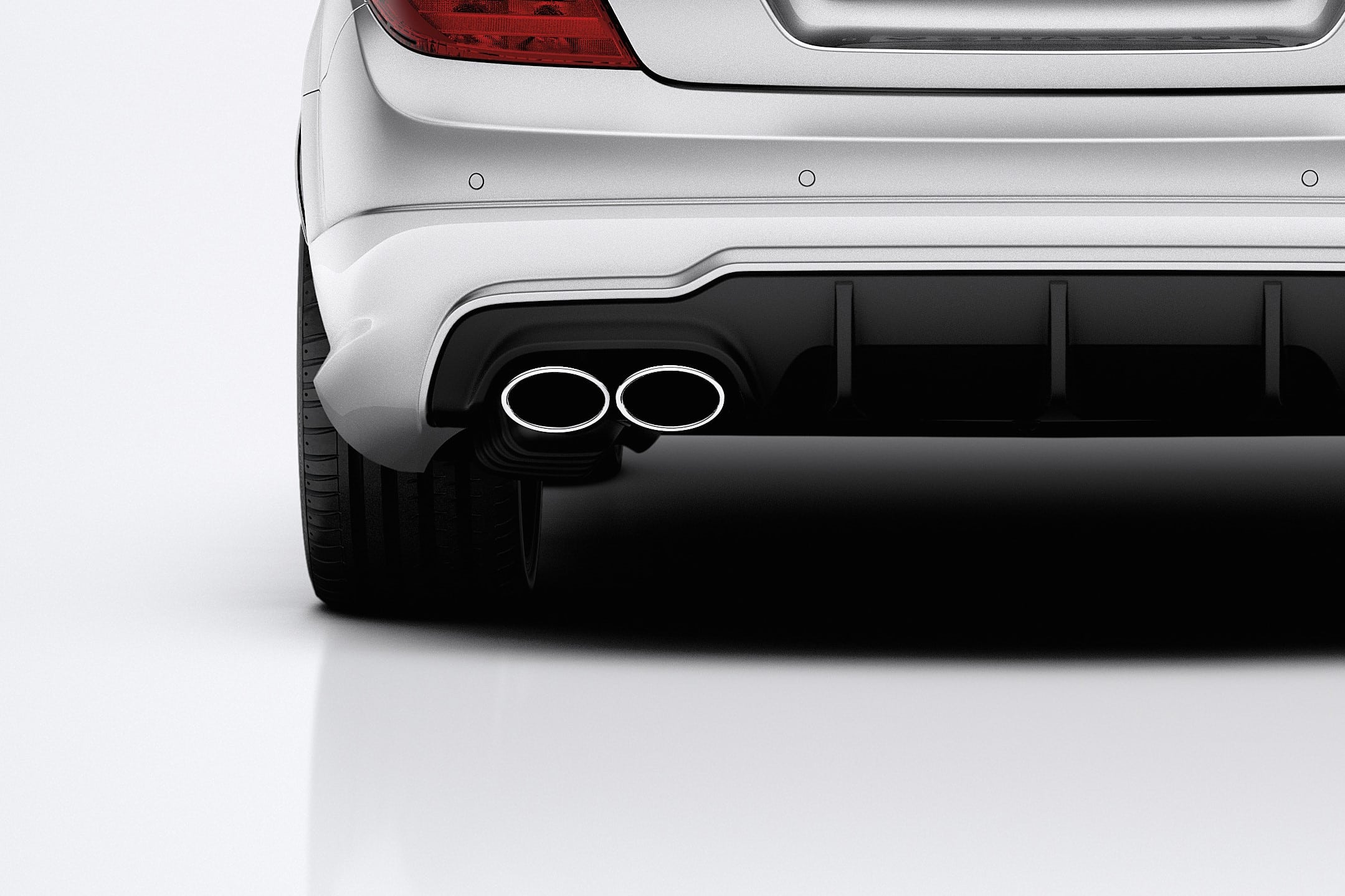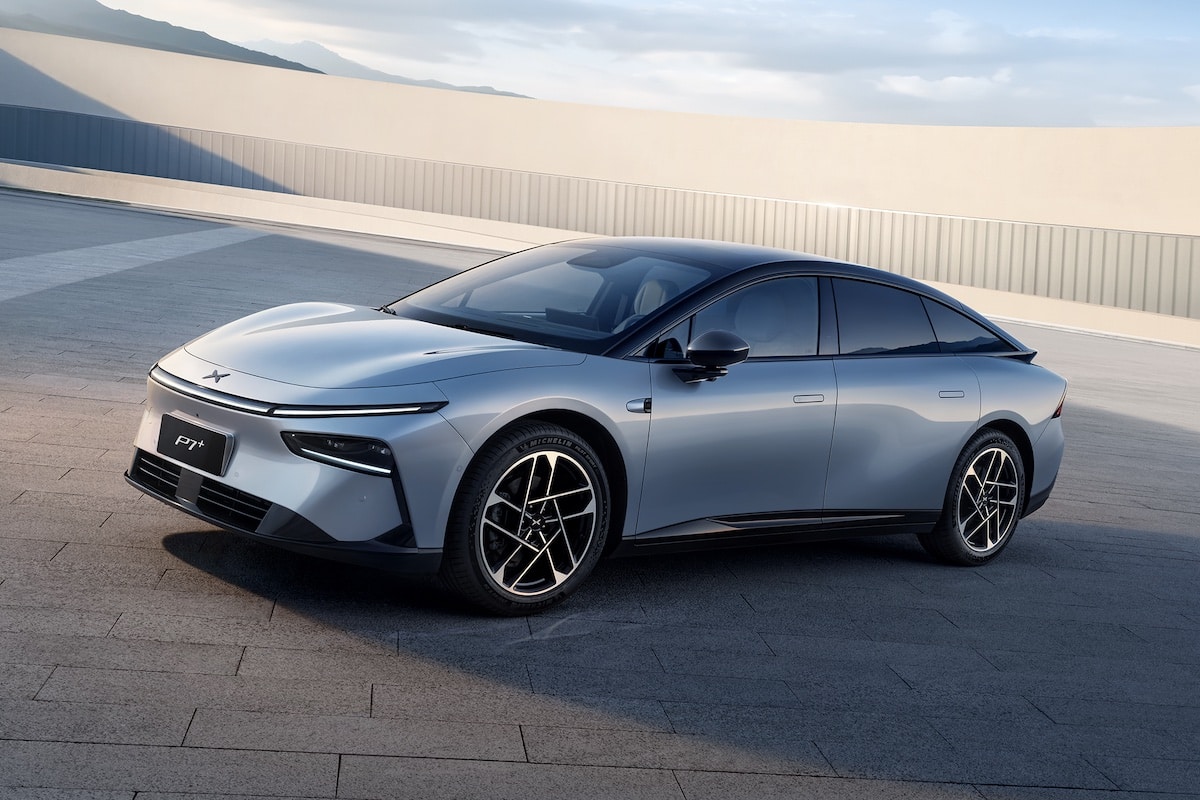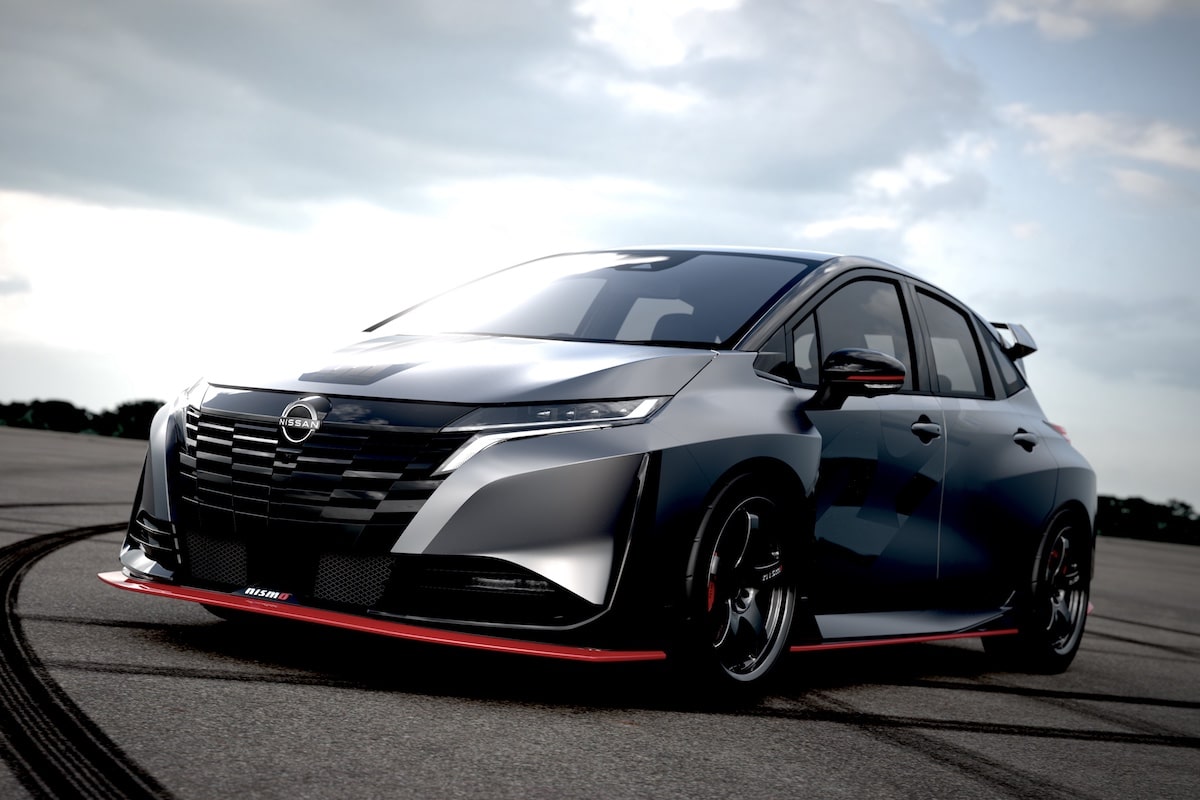Europe Could Aim for a 75% Reduction in CO2 Emissions from Cars by 2030

At the European Parliament, a Member of Parliament proposes tightening the reduction of CO2 emissions from cars to -75% by 2030, not without controversy.
Through its Green Deal, the European Union announced its intention to ban thermal cars (gasoline, diesel, hybrid) by 2035. In the meantime, the European Commission had decided on a 55% reduction in CO2 emissions by 2030 (compared to 2021), in accordance with the Green Deal “Fit for 55”.
A Member of Parliament Wants Stricter Measures
That said, nothing is yet finalized, no law has been formulated or even voted on. While discussions continue, a new proposal comes from Jan Huitema. This Dutch MP spoke at the European Parliament, during a parliamentary committee dedicated to transport. The idea is simple: to reduce CO2 emissions by 75% by 2030.
“The solution is not less mobility, but cleaner mobility”, expressed Jan Huitema, “I truly believe that we need to switch to zero-emission cars”. His argument is to provide a feasible roadmap before the total ban on thermal cars five years later. According to him, an initial draft of the transport package of the “Fit for 55” project would also include an intermediate target for 2027, but not quantified, according to Autonews.
Europe Already Divided on the Current Ban Objective
In light of announcements within the EU, Germany seems to favor the 2035 date, while other countries are even ready for 2030, such as the Netherlands, Sweden, or Ireland. On the other hand, many countries contest it.
France and Spain remain committed to their 2040 targets. Italy is seeking exceptions, while Eastern Europe stands firm due to being significantly behind on electrification. Among the opponents, German Jens Gieseke simply stated that he “believes it is impossible for us to ban thermal engines by 2035”.
During the same committee, some Members of Parliament expressed concerns about feasibility, citing arguments related to high costs and scarce charging points.
Also read: Why is electric mobility struggling to convince the French?
This page is translated from the original post "L’Europe pourrait viser -75% de CO2 pour les voitures en 2030" in French.
We also suggestthese articles:
Also read




